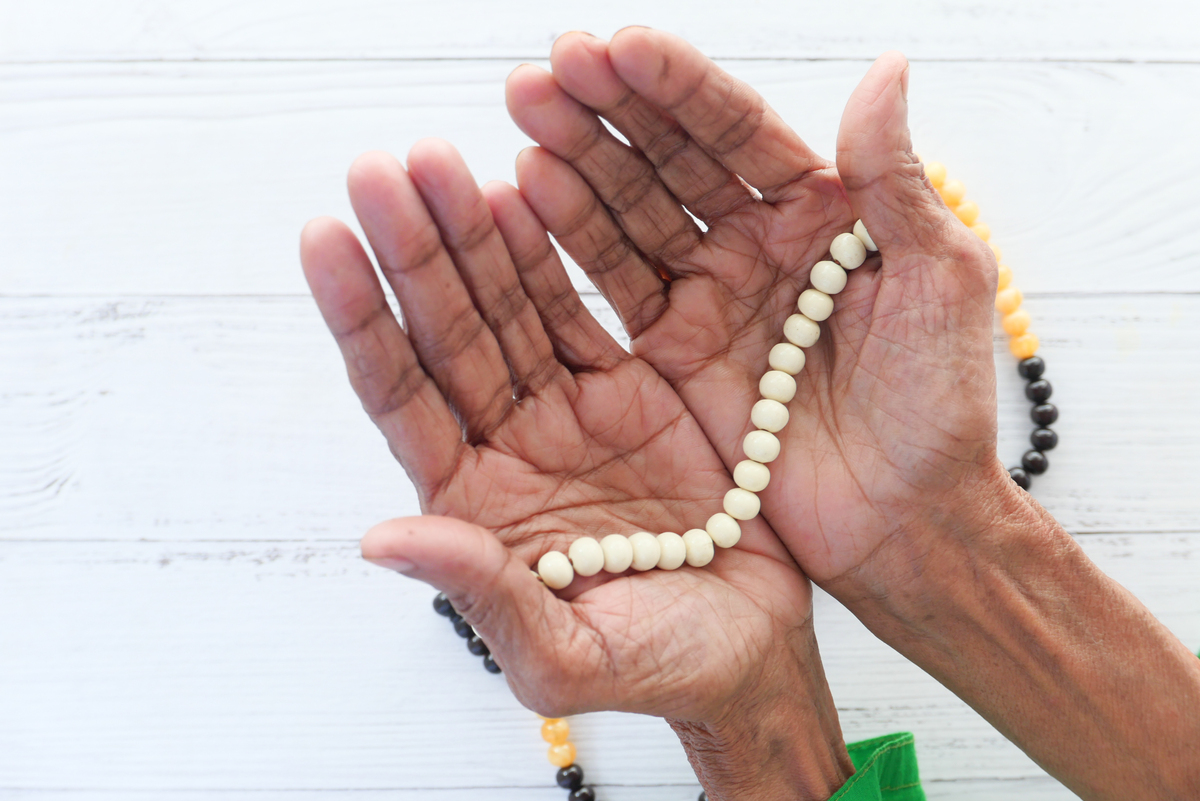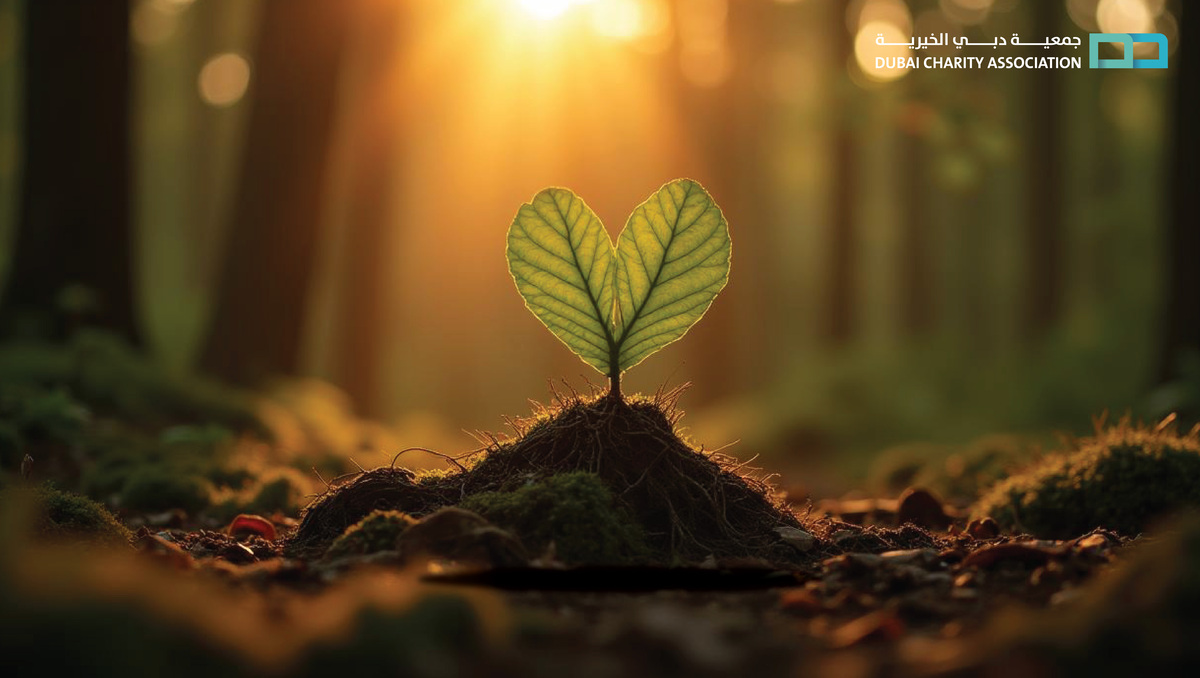Death is an unavoidable part of life, but a person’s good deeds can continue to benefit them after they’ve passed. In Islam, Sadaqah Jariyah (ongoing charity) is one of the most valued acts, providing ongoing rewards for the deceased. Giving sadaqah on behalf of loved ones is a meaningful way to honor their memory and positively impact society. In this article, we explore the concept of sadaqah for the deceased and how these deeds serve as a continuous source of goodness and contribute to building a caring and compassionate community.
The Concept of Sadaqah Jariyah and Its Importance in Islam
Sadaqah Jariyah is a form of charity that continues to benefit others long after it is given, and its rewards keep accumulating for the donor, even after death. It is an enduring act that supports the community, offering benefits like access to clean water, education, or places of worship. This continuous reward highlights the significance of performing deeds that outlast one’s lifetime, and it is deeply rooted in Islamic teachings, which encourage Muslims to invest in ongoing acts of kindness.
Sadaqah for the Deceased in Islam
Performing sadaqah on behalf of a deceased person is one of the best actions a living person can do for their loved one. As narrated in a well-known Hadith: “When a person dies, their deeds come to an end except for three: sadaqah jariyah, beneficial knowledge, or a righteous child who prays for them” (Sahih Muslim). This emphasizes that even after death, a person's account of good deeds can continue to grow through acts of sadaqah done in their name.
Both the Qur’an and Sunnah affirm that sadaqah can elevate the status of the deceased and increase their good deeds. It's a way for the living to continue showing love, respect, and kindness to those who have passed, ensuring their legacy of good extends into the afterlife.
Types of Sadaqah Jariyah for the Deceased
There are many forms of sadaqah jariyah that can benefit the deceased, each tailored to the needs of the community and capable of providing ongoing benefits. Here are some examples:
1. Digging Wells: Providing clean water is one of the most beloved forms of sadaqah jariyah in Islam. Digging wells in areas where water is scarce offers lasting benefits to people for years, ensuring the deceased continues to earn rewards every time someone drinks or uses the water.
2. Building Mosques: Contributing to the construction or maintenance of mosques is a highly valued form of sadaqah. Mosques serve as places of worship, education, and community gathering, and the person on whose behalf the mosque is built receives ongoing rewards every time prayers or religious activities take place.
3. Educational Initiatives: Supporting educational institutions or creating new learning centers is a powerful form of sadaqah. Whether it’s through funding a school, providing scholarships, or donating educational resources, the knowledge gained by students continues to benefit the deceased long after their passing.
4. Distributing Religious Texts: Donating copies of the Qur’an or other Islamic literature that help spread knowledge is another form of ongoing charity. Each time someone reads and benefits from these texts, the person who facilitated their distribution earns rewards.
5. Medical Assistance: Supporting hospitals, clinics, or medical care for the poor is a form of sadaqah jariyah that addresses critical needs in society. Donating medical equipment or funding healthcare services can provide lasting benefits to individuals in need.
6. Planting Trees: This environmental form of sadaqah offers long-term benefits to the community and the planet. The trees provide shade, fruit, and oxygen, and the deceased earns rewards as long as people and animals benefit from them.
7. Custom Projects: Families can create personalized projects that reflect the interests or passions of the deceased, such as setting up orphanages, funding scientific research, or establishing community centers. This ensures that the sadaqah jariyah aligns with the unique contributions the deceased made during their lifetime.
The Spiritual Benefits of Sadaqah for the Deceased
Performing sadaqah jariyah for a deceased person not only benefits them but also offers emotional and spiritual comfort to the living. In Islam, giving sadaqah is seen as a way to maintain a spiritual connection with loved ones who have passed on, ensuring that their legacy of good continues.
Benefits for the Deceased:
Continuous Rewards: The deceased receives ongoing rewards for every person who benefits from the sadaqah given in their name, helping to elevate their status in the afterlife.
Higher Ranks in the Afterlife: The deceased’s good deeds are multiplied through the sadaqah, raising their position and bringing them closer to God’s mercy and forgiveness.
Benefits for the Living:
Emotional Comfort: Giving sadaqah for a loved one provides emotional relief and a sense of fulfillment, knowing that the good they did in life continues even after their passing.
Strengthening Bonds Between Generations: By giving sadaqah for parents, grandparents, or relatives, families strengthen the bond between generations, creating a lasting legacy of giving and compassion.
The Impact of Sadaqah on Society
The social impact of sadaqah jariyah extends far beyond the individual. It fosters a sense of solidarity and support within the community, encouraging others to take part in charitable acts. Here are a few ways sadaqah jariyah benefits society:
1. Promoting a Culture of Giving: When people regularly give sadaqah on behalf of the deceased, it encourages a broader culture of charity, inspiring others to participate in acts of kindness.
2. Fostering Social Cohesion: By supporting community projects such as hospitals, schools, and places of worship, sadaqah jariyah helps to strengthen social ties and create a sense of unity and responsibility among community members.
3. Sustainable Development: The long-term impact of sadaqah in the form of infrastructure, education, and healthcare projects contributes to the development of society by improving living conditions and providing essential services for future generations.
4. Reducing Poverty and Hunger: Acts like digging wells or providing healthcare directly improve the quality of life for people in need, helping to reduce poverty, hunger, and disease within communities.
How to Contribute to Sadaqah Jariyah for the Deceased
Organizations like the Dubai Charity Association offer various opportunities to contribute to sadaqah jariyah projects. Here are practical steps for getting involved:
1. Visit the Charity’s Website: Start by visiting the website of an organization like Dubai Charity Association to explore ongoing sadaqah jariyah projects. These projects are tailored to meet the needs of different communities.
2. Choose a Project: Once you’re on the site, you can choose from a variety of projects such as digging wells, building mosques, or supporting educational and healthcare initiatives. Each project will detail its impact on the community.
3. Make a Donation: Donating is made easy through online portals, where you can specify the amount and the project you want to support. You can also dedicate the donation in the name of a deceased loved one.
4. Reach Out for Personalized Contributions: If you’d like to support a large project, such as building a school or mosque, you can contact the charity directly to arrange sponsorship and ensure the project is dedicated to your loved one.
5. Corporate and Community Involvement: Companies can partner with charitable organizations to fund major projects, while community groups can work together to sponsor collective sadaqah jariyah efforts, enhancing the impact of their giving.
Conclusion
Sadaqah jariyah for the deceased is a beautiful way to ensure that the blessings and rewards of life continue even after death. It not only helps the deceased earn ongoing rewards but also strengthens communities, reduces poverty, and encourages a spirit of giving. By supporting these charitable efforts, individuals contribute to a legacy of continuous good that endures for generations.










